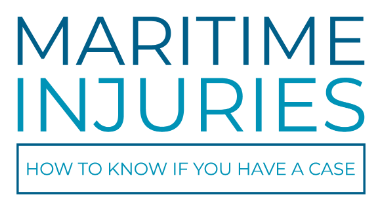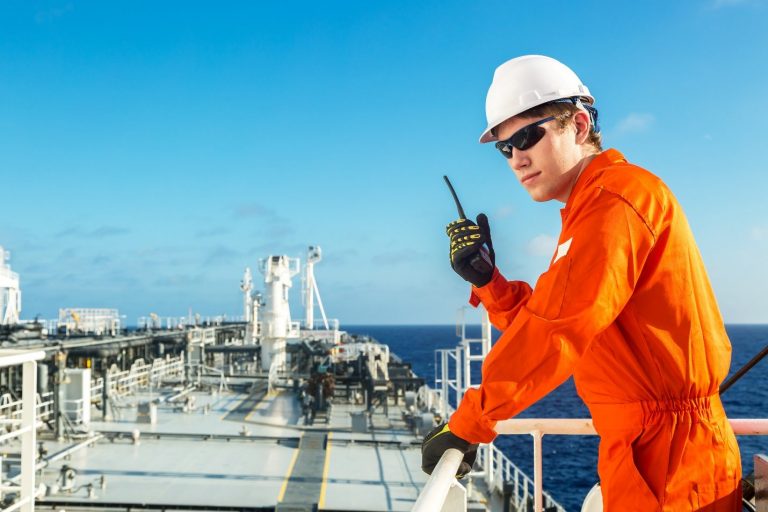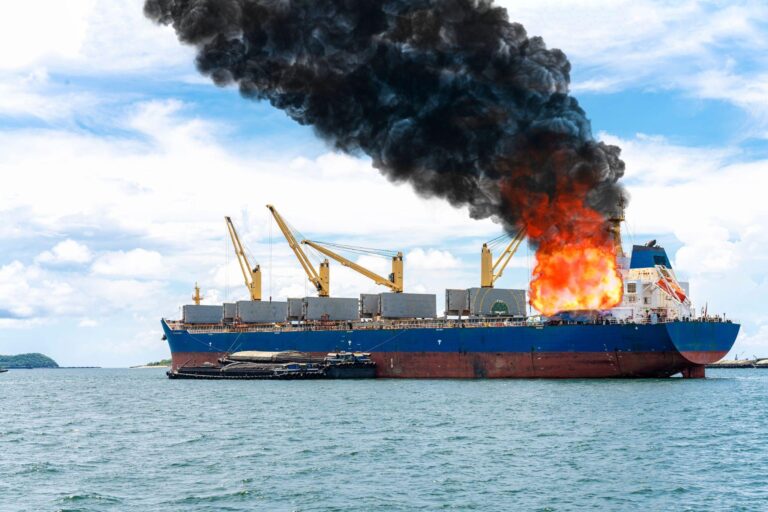If you are a maritime worker, offshore oil rig worker, seaman or seawoman, or even a passenger onboard a cruise ship, you could have certain legal rights and protections if you sustain personal injuries. There is a wide range of maritime laws that could provide monetary compensation for medical bills, lost wages, lost future wages, dismemberment, and even death.
Some of the more common maritime laws you need to be aware of include:
- The Jones Act
- Maintenance and Cure
- Death on the High Seas Act
- The Longshore and Harbor Workers’ Compensation Act
In addition to these maritime protections, there are also other personal injury protections that could be used to establish a case.
One particular aspect that covers crew personnel and passengers alike is if the vessel you are on is considered unseaworthy. It does not matter if only sections of the vessel are deemed unseaworthy or if the entire ship is not sailable. Unseaworthiness can be claimed in addition to other forms of compensation.
It is important to keep in mind that several factors have to be evaluated to determine which maritime laws apply to your situation. Furthermore, when you make a claim, the process can be very complex and detailed. As such, it is highly recommended you seek legal advice and representation from a qualified maritime personal injury law firm.
To learn more about how to know if you have a case, factors in maritime cases, and the claims process, we invite you to continue reviewing the following infographic. Afterward, if you have further questions or want to speak to a maritime lawyer to find out if you have a case, please feel free to contact Maintenance and Cure, part of Schechter, Shaffer, & Harris, L.L.P. today!








